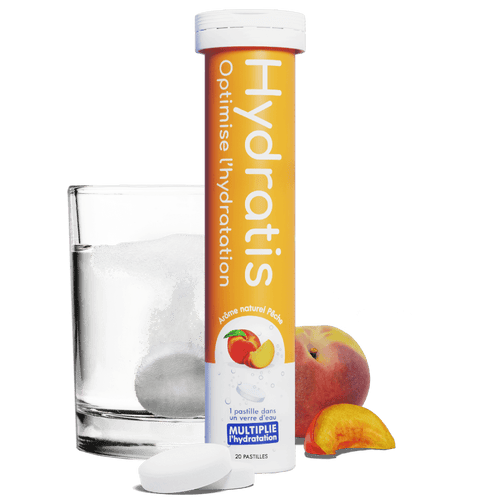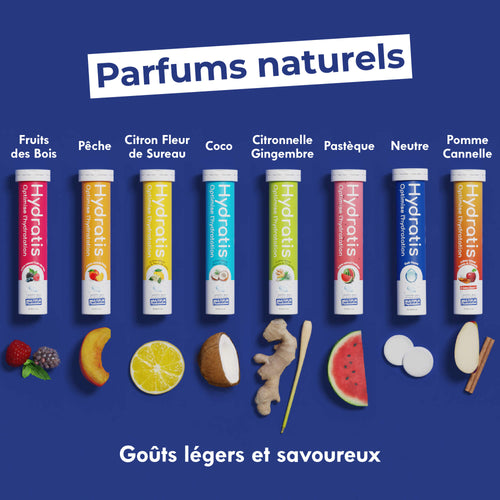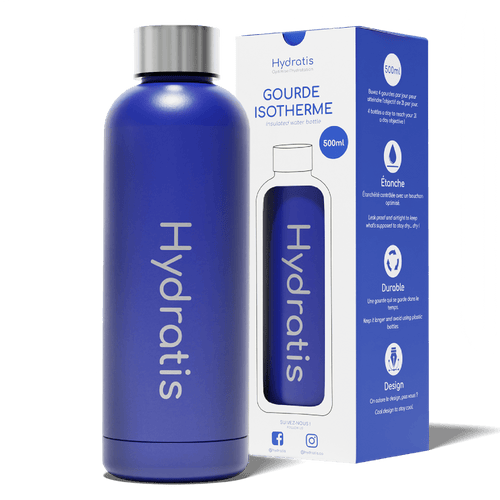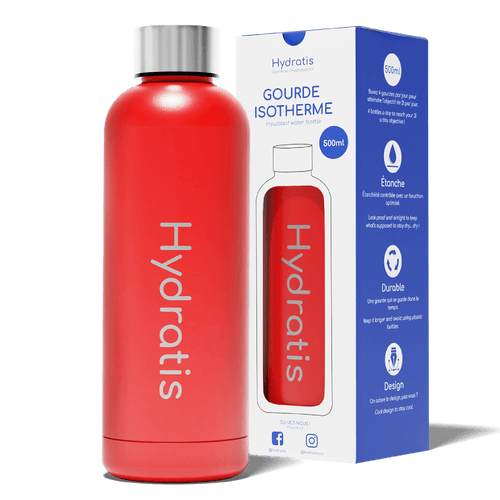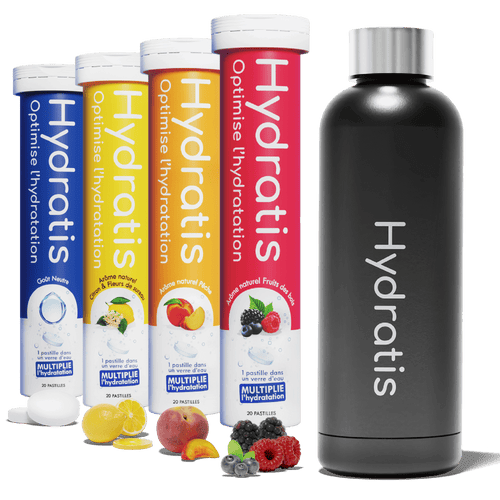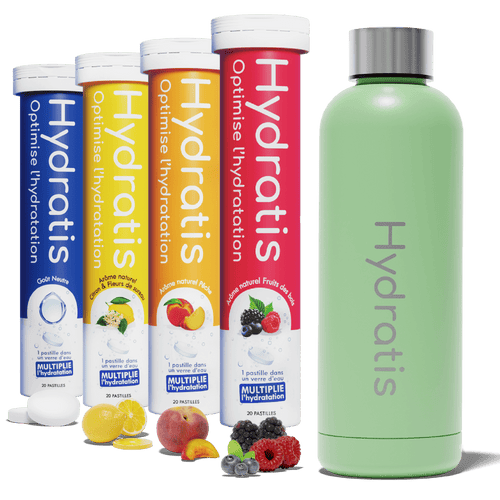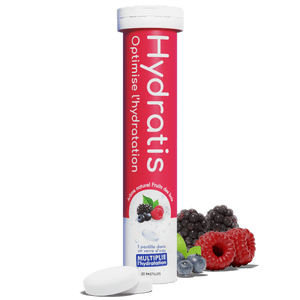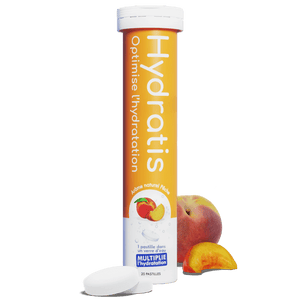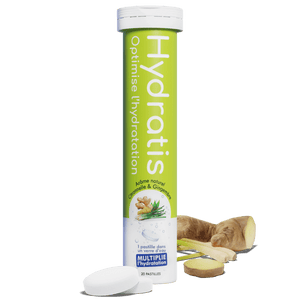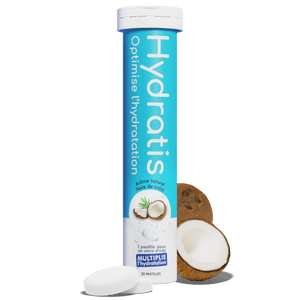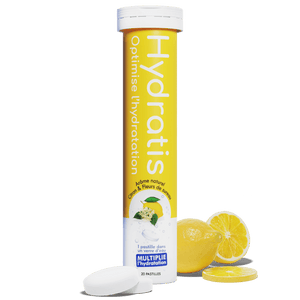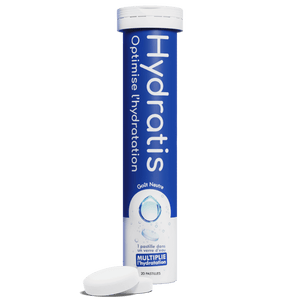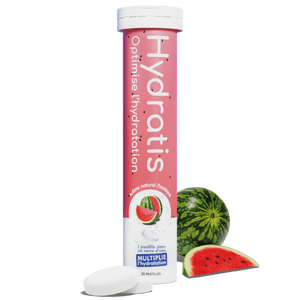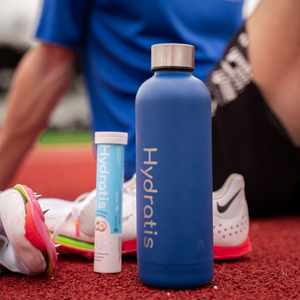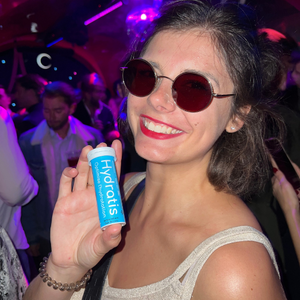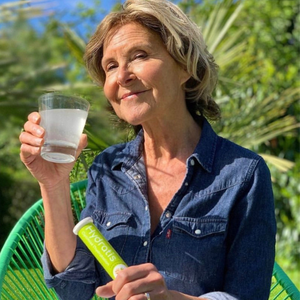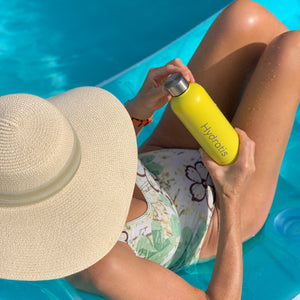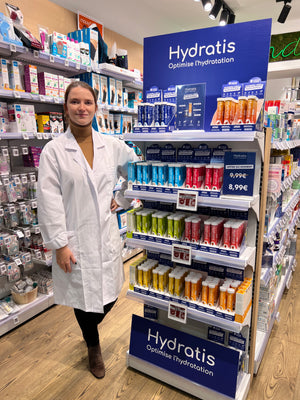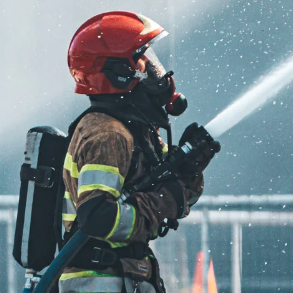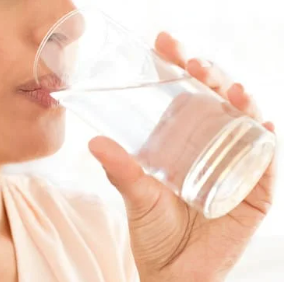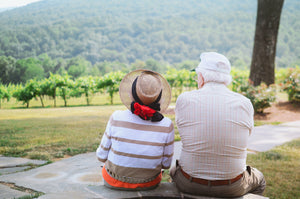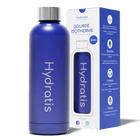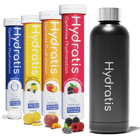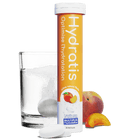
Hydration plays an essential role in the well-being of seniors, but it can sometimes be neglected. Older adults are more vulnerable to dehydration due to a variety of factors, from decreased feelings of thirst to mobility problems. In this article, we'll explore the importance of hydration for older adults, learn about the signs of dehydration, and practical tips for ensuring adequate fluid intake.
As we age, the feeling of thirst may lessen, which may make seniors less likely to drink enough water. This reduction in the feeling of thirst is of particular concern, as it can lead to insufficient fluid intake.
Aging causes physiological changes in the body, such as a reduced ability to retain water. The kidneys may become less efficient at concentrating urine, meaning water is excreted more quickly. These changes make older people more vulnerable to dehydration.
Many seniors experience mobility issues, which can make access to water more difficult. Older adults with mobility difficulties may not be able to pour a glass of water on their own, which may lead to reduced water consumption.
What are the signs of dehydration in older people?
It is essential to recognize the signs of dehydration in older adults. Dehydration can have serious health consequences, so it is crucial to act quickly if dehydration is suspected.
- A dry mouth and dry mucous membranes are clear signs of dehydration. Older adults may complain of oral discomfort and difficulty swallowing.
- Dark urine and decreased urinary frequency are classic signs of dehydration. Concentrated urine is an indicator of the body trying to conserve water.
- Dehydration can affect the brain , leading to confusion, disorientation, and even changes in behavior. Older adults may appear disoriented, have memory problems, and decreased concentration.
- Dehydration can cause dizziness or fainting , increasing the risk of falls in seniors. Falls are a major health concern for older adults.
- Dry, tight skin is a sign of advanced dehydration. The skin may lose its elasticity, become rough and develop cracks.
Tips for maintaining good hydration in older people
It is essential to take steps to ensure that seniors stay well hydrated. Here are some practical tips to help seniors maintain their hydration.
Encourage water consumption
Encourage the elderly person to drink water regularly, even if they are not thirsty. Having water on hand can make drinking easier.
Hydrate with food
Besides pure water, seniors can obtain water from various food sources. Clear soups and broths are an excellent source of hydration, in addition to providing essential nutrients. Water-rich fruits and vegetables, such as watermelons, cucumbers and oranges, are great options that provide valuable vitamins and minerals . Dairy products, such as milk and yogurt, are also beneficial because they contain water and provide calcium needed for bone health.
Establish a schedule
Create a schedule for water consumption, including specific times for meals and liquid snacks. A schedule can help remind the person to drink regularly.
Offer drinks with taste
Offer tasty drinks like iced teas, fruit infusions or flavored water to encourage consumption. Taste-appealing options can encourage drinking more.
Monitor medications
Make sure the older adult understands the effects of their medications on hydration and adjusts their water intake accordingly. Some medications can increase water needs.
Hydration of the elderly with Hydratis
Hydratis is an innovative solution for maintaining optimal hydration, specially designed for people of all ages, including seniors. This isotonic drink is enriched with essential electrolytes, such as sodium, potassium, calcium and magnesium, which are vital for fluid balance and overall health.

Maintaining fluid balance
Hydratis helps prevent dehydration by providing optimal hydration, which is essential for overall well-being. The electrolytes present in Hydratis solution help maintain the body's fluid balance. For older adults whose kidneys may not be working as efficiently, it is crucial to maintain adequate fluid balance to prevent dehydration.
Prevention of muscle cramps
The electrolytes contained in the Hydratis solution contribute to muscle function, reducing the risk of cramps. Older adults may benefit from improving their fluid balance and muscle performance. This prevents cramps, which promotes increased mobility and a better quality of life.
Metabolism Support
Hydratis not only maintains hydration, it also supports metabolism. For older adults, this can be particularly beneficial because a healthy metabolism helps maintain energy, vitality and adequate body weight.
Easy to use
Hydratis is easy to use, making it a convenient option. Simply dissolve the tablets in water to obtain an isotonic drink rich in electrolytes. This eliminates the need to carry heavy and bulky water bottles. Hydratis then offers a practical and effective solution for maintaining optimal hydration in the elderly. It contains essential electrolytes, such as sodium, potassium, calcium and magnesium, which are vital for senior health.
In conclusion, my dear seniors, don't forget: water is the magic potion of eternal youth! So, drink, hydrate and continue to enjoy life with vitality. After all, hydration is the secret to staying young at heart, even if your hair turns a little silverier! Long live hydration and long live youth!💧
